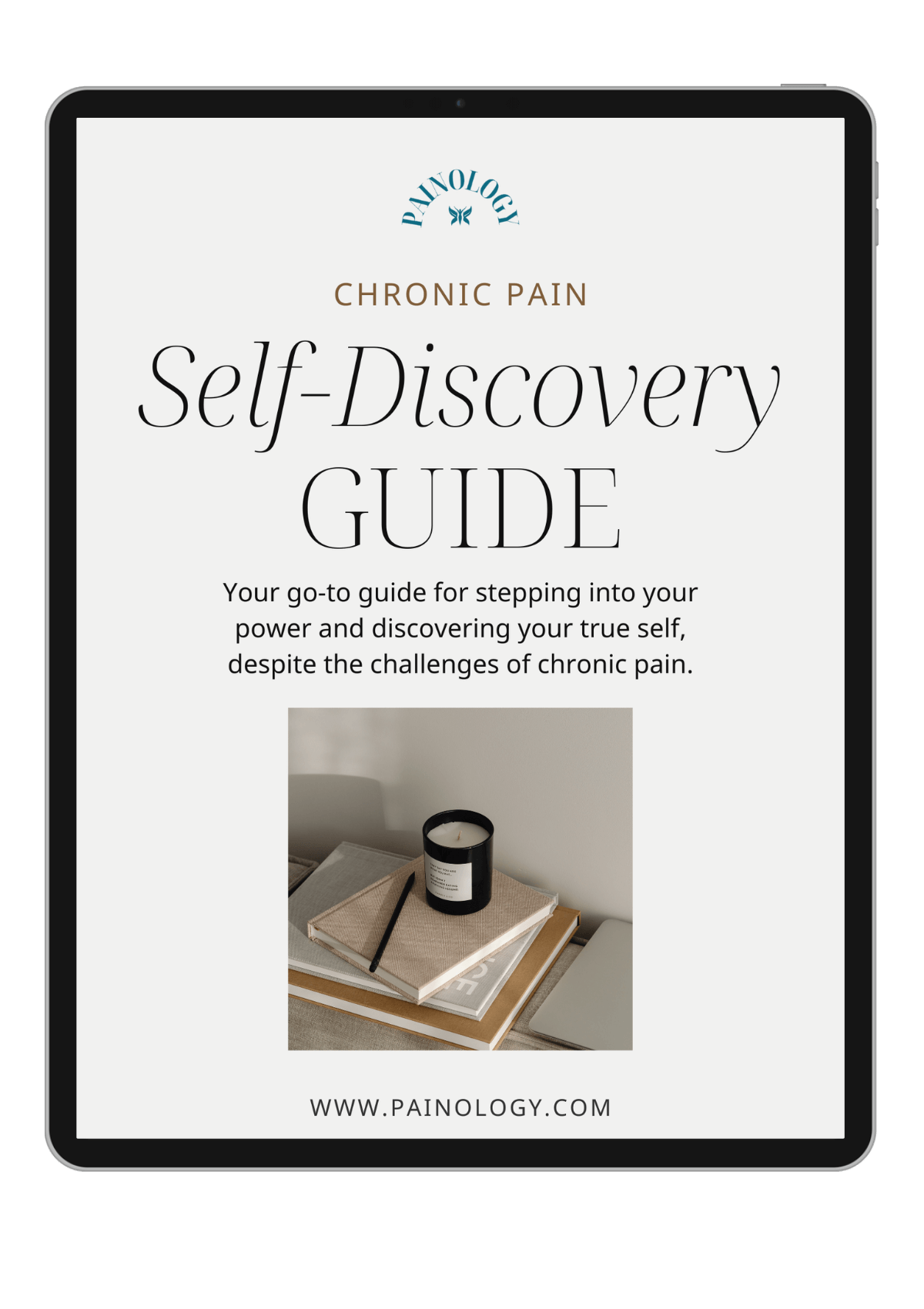
The Crucial Role of Support Systems

The Overwhelming Impact of Chronic Pain and Isolation
Living with chronic illness, persistent pain, or ongoing mental health challenges can often feel like navigating a storm alone. The weight of these struggles can make you feel isolated, as if you’re shouldering the burden in solitude. It's easy to become overwhelmed and lost, unsure of where to turn for support or relief.
If this resonates with you, identifying and nurturing support systems is crucial to maintaining resilience and improving your quality of life.
Living with any type of pain, whether it’s chronic physical pain, psychological pain, or emotional pain, affects every aspect of your life. It impacts your family, your work, your finances, and even your ability to go out and have fun. Pain can make it hard to do everyday tasks and can strain your relationships with family and friends, leading to feelings of hopelessness.
Here's why identifying and nurturing these support systems is important
This is why support systems are so important. Support systems are a lifeline if you’re in this situation because they provide not just practical help, but also an outlet for emotional expression and validation.
Finding the right support gives you a safe space to express your emotions without fear of judgement or having your thoughts and feelings invalidated. It can provide an outlet that allows you to release pent-up feelings, reducing the emotional burden you might be carrying.
Impact of Pain on Life
Living with pain affects every part of your life. It impacts your family, work, finances, and social activities. Pain can make it difficult to perform daily tasks, putting a strain on relationships with loved ones and potentially leading to feelings of hopelessness.
“ We don’t heal in isolation, but in community.”
– S. KELLEY HARRELL
Role of Support Systems in Emotional Well-being
A supportive system where your feelings and experiences are acknowledged can create a sense of belonging and understanding. It reassures you that you’re not alone in your struggles. An environment offering empathy, compassion, and validation contributes to greater emotional well-being and resilience.
A good support system can also be used as an anchor during more turbulent or difficult times, and it can help you to navigate any challenges you’re experiencing with greater strength and confidence which can contribute to emotional healing and personal growth.

Emotional Validation
Chronic physical pain, psychological pain, and emotional pain often elicit feelings of frustration, sadness, and anger. In a supportive environment, you can express these emotions without fear of judgement. Whether through friends, family, support groups, or therapy, validation of your emotional experience creates a sense of understanding and acceptance, reducing feelings of isolation.
Practical Assistance
Daily tasks can become daunting when you’re struggling with your health. Support systems can offer practical assistance, whether it’s help with household chores, personal care, medical appointments, or providing meals. Practical help from others can alleviate the burden and enhance your ability to cope.
Encouragement and Motivation
Navigating any type of pain often involves setbacks and moments of despair. A robust support system can provide encouragement and motivation to persevere through challenging times. Whether it's gentle reminders of the progress you’re making, words of encouragement, or sharing success stories, this type of support helps you create hope and determination.
Knowledge and Resources
Another positive benefit of a good support system is that it can connect you with valuable resources and information. Whether it’s learning about specialised medical care, coping strategies, or alternative therapies, these networks offer a wealth of knowledge that can empower you to make informed decisions about your health and well-being.
Reducing Stigma and Isolation
Living with long-term pain or a debilitating health condition can make you feel stigmatised, leading to feelings of being misunderstood or marginalised. Support systems create safe spaces where you can share your experiences without fear of stigma. Connecting with others who share similar struggles can reduce feelings of isolation and create a sense of belonging.

Your Path to Support and Healing
Navigating chronic physical, psychological, or emotional pain is a complex journey that requires support, understanding, and resilience. Building and nurturing robust support systems are crucial to healing, empowerment, and an enhanced quality of life.
By creating a support network of empathy, validation, and practical assistance, you can navigate the challenges you’re facing with greater strength and hope. This is where Painology can help. Our courses, membership, and supportive community unlock the power within you to live your best life.
Remember, you're not alone on this journey, and reaching out for support is a courageous step towards healing and well-being.
Living with pain is challenging, but taking steps to seek help will make a significant difference.
I hope this post showed you that reaching our for help can create a HUGE win, bringing you closer to healing and well-being. By raising your hand, asking for help and building a good support system, you'll receive everything from emotional validation to practical assistance. Every step is getting you closer to your finish line. And at the end of the day, that’s all that really matters.
So now I want to turn it over to you. Which of these strategies will you be trying first?










